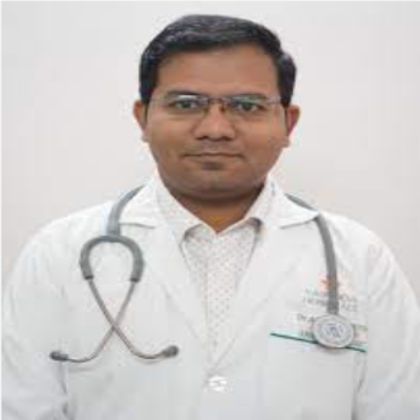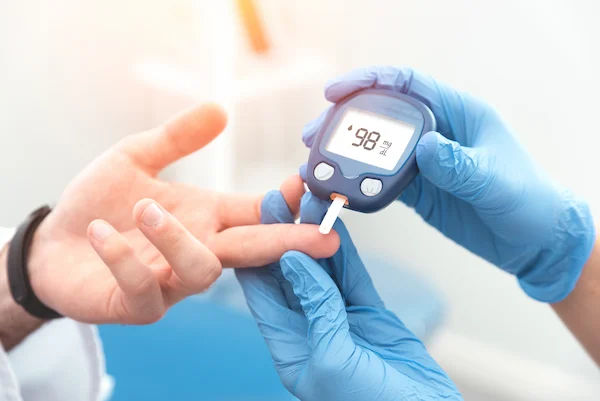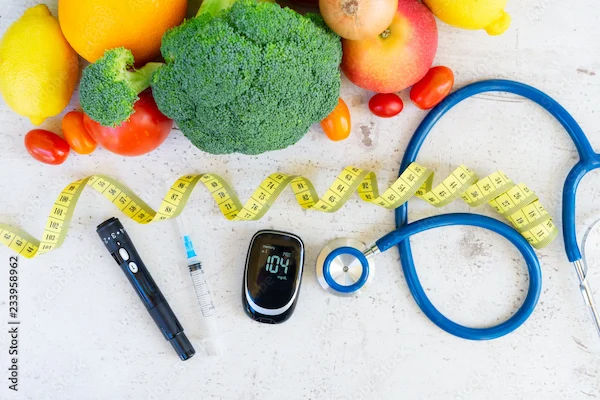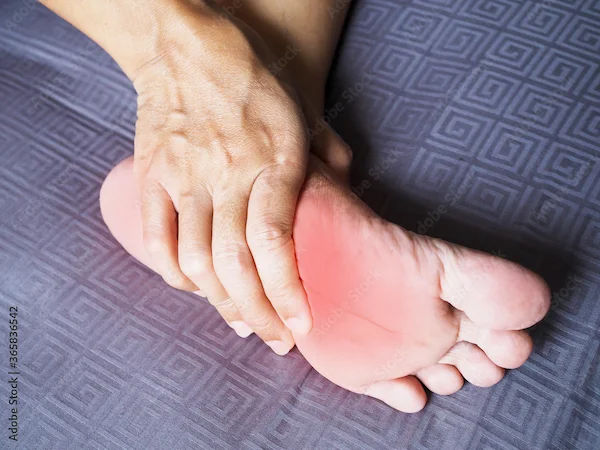Understanding Hyperglycemia: Causes and Treatments
Understand hyperglycemia, or high blood sugar, including its common causes like diet, stress, and medication, especially for those with diabetes. Learn effective treatments, from lifestyle changes to medication, to manage levels and prevent serious complications.


Introduction
Hyperglycemia, or high blood sugar, is a common health concern that affects millions of people worldwide. It occurs when there is too much glucose (sugar) in the blood, often due to the body's inability to produce or use insulin effectively. While hyperglycemia is commonly associated with diabetes, it can also occur in people without diabetes due to various reasons.
This article will help you understand what hyperglycemia is, its causes, symptoms, and how it can be managed effectively.
What is Hyperglycemia?
Hyperglycemia simply means high blood sugar levels. Normally, our body maintains blood sugar levels within a healthy range with the help of insulin, a hormone produced by the pancreas. Insulin helps glucose enter cells to be used for energy. When this process is disrupted, glucose builds up in the blood, leading to hyperglycemia.
Key Blood Sugar Levels to Know:
Normal fasting blood sugar: 70–99 mg/dL
Prediabetes (higher than normal): 100–125 mg/dL
Diabetes (hyperglycemia): 126 mg/dL or higher on two separate tests
Symptoms of Hyperglycemia
Recognizing the signs of hyperglycemia early can help prevent complications. Common symptoms include:
Increased thirst and dry mouth
Frequent urination
Fatigue or tiredness
Blurred vision
Slow healing wounds
Recurrent infections (e.g., urinary or skin infections)
Unexplained weight loss (in severe cases)
If left untreated, prolonged hyperglycemia can lead to serious complications like nerve damage, kidney disease, and heart problems.
Get Your Symptoms Assessed
Causes of Hyperglycemia
Several factors can contribute to high blood sugar levels:
1. Diabetes (Type 1 and Type 2)
Type 1 Diabetes: The body doesn’t produce insulin due to an autoimmune reaction.
Type 2 Diabetes: The body becomes resistant to insulin or doesn’t produce enough.
2. Poor Diet & Unhealthy Eating Habits
Eating too many sugary or high carb foods can spike blood sugar.
3. Lack of Physical Activity
Exercise helps muscles use glucose for energy. Inactivity can lead to sugar buildup.
4. Stress & Illness
Physical or emotional stress triggers hormones that raise blood sugar.
5. Medications (e.g., Steroids)
Some medications can interfere with insulin function.
6. Missing Insulin or Diabetes Medication
Skipping doses can cause blood sugar to rise.
Consult Top Specialists for Personalised Tips
How to Manage Hyperglycemia?
Managing hyperglycemia involves a combination of lifestyle changes, medication (if needed), and regular monitoring. Here are some effective ways to keep blood sugar in check:
1. Monitor Blood Sugar Regularly
Use a glucometer to track levels, especially if you have diabetes.
Keep a log to identify patterns and adjust treatment accordingly.
2. Follow a Balanced Diet
Choose low glycemic foods: Whole grains, vegetables, lean proteins, and healthy fats.
Limit sugary foods and refined carbs: Avoid sodas, candies, white bread, and pastries.
Eat smaller, frequent meals: Helps prevent blood sugar spikes.
3. Stay Active
Exercise regularly: Walking, swimming, or yoga can help lower blood sugar.
Aim for at least 15-30 minutes of moderate activity per week.
4. Take Medications as Prescribed
If you have diabetes, follow your doctor’s advice on insulin or oral medications.
Never skip doses without consulting your doctor.
5. Stay Hydrated
Drinking water helps flush out excess sugar through urine.
6. Manage Stress
Practice relaxation techniques like deep breathing, meditation, or hobbies.
7. Get Enough Sleep
Poor sleep affects insulin sensitivity, so aim for 7–9 hours per night.
When to See a Doctor?
If you experience frequent hyperglycemia symptoms or have blood sugar levels consistently above 180 mg/dL, consult a doctor. Uncontrolled hyperglycemia can lead to:
Diabetic ketoacidosis (DKA) – A dangerous condition in Type 1 diabetes.
Hyperglycemic hyperosmolar syndrome (HHS) – A lifethreatening complication in Type 2 diabetes.
Book a Consultation with Apollo 24|7
If you're concerned about your blood sugar levels, Apollo 24|7 offers expert consultations and diabetes management programs. You can easily book an appointment or order a blood sugar test from the comfort of your home.
Final Thoughts
Hyperglycemia is a manageable condition with the right lifestyle changes and medical care. By staying aware of your diet, exercising regularly, and monitoring your blood sugar, you can maintain healthy levels and prevent complications.
If you suspect you have hyperglycemia, don’t ignore the signs—early detection and treatment can make a big difference in your longterm health.
Consult Top Specialists
Consult Top Specialists for Personalised Tips

Dr Syed Mateen Pasha
General Physician
2 Years • MBBS
Bengaluru
PRESTIGE SHANTHINIKETAN - SOCIETY CLINIC, Bengaluru

Dr. Dhanraj K
General Physician/ Internal Medicine Specialist
25 Years • MBBS, MD Internal Medicine - Osmania Medical College, Hyderabad
Hyderabad
Apollo Hospitals Jubilee Hills, Hyderabad
(375+ Patients)

Dr. Syed Ismail Ali
General Practitioner
7 Years • MBBS
Hyderabad
Apollo 24|7 Clinic, Hyderabad

Dr. Mohamed Azeem
General Physician/ Internal Medicine Specialist
2 Years • MBBS,MD(Internal Medicine) CCEBDM
Karaikudi
Apollo Hospitals Karaikudi, Karaikudi

Dr. Bhukya Pavan Kalyan
General Physician
5 Years • MBBS DNB Paediatrics
Bengaluru
PRESTIGE SHANTHINIKETAN - SOCIETY CLINIC, Bengaluru
Consult Top Specialists

Dr Syed Mateen Pasha
General Physician
2 Years • MBBS
Bengaluru
PRESTIGE SHANTHINIKETAN - SOCIETY CLINIC, Bengaluru

Dr. Dhanraj K
General Physician/ Internal Medicine Specialist
25 Years • MBBS, MD Internal Medicine - Osmania Medical College, Hyderabad
Hyderabad
Apollo Hospitals Jubilee Hills, Hyderabad
(375+ Patients)

Dr. Syed Ismail Ali
General Practitioner
7 Years • MBBS
Hyderabad
Apollo 24|7 Clinic, Hyderabad

Dr. Mohamed Azeem
General Physician/ Internal Medicine Specialist
2 Years • MBBS,MD(Internal Medicine) CCEBDM
Karaikudi
Apollo Hospitals Karaikudi, Karaikudi

Dr. Bhukya Pavan Kalyan
General Physician
5 Years • MBBS DNB Paediatrics
Bengaluru
PRESTIGE SHANTHINIKETAN - SOCIETY CLINIC, Bengaluru





.webp)
